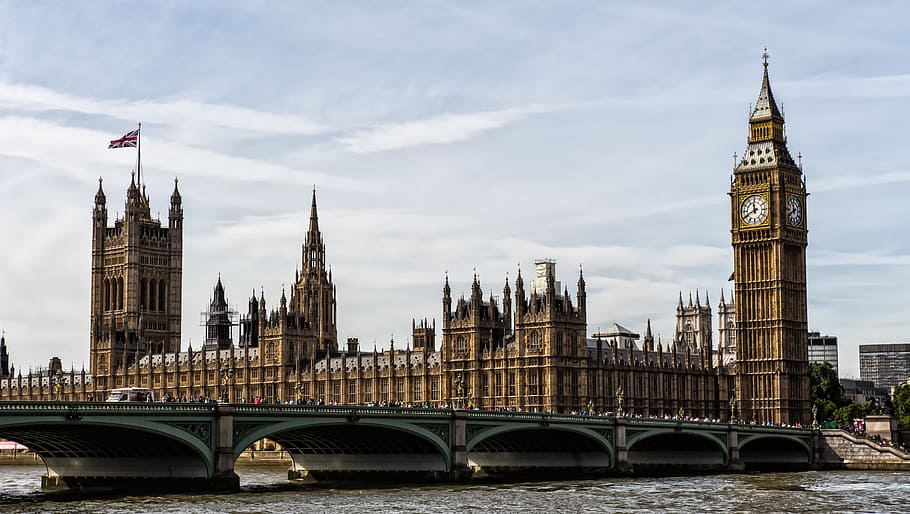The UK made history in 1998 when it became the first country in Europe and just the second in the world – behind the US – to pass a designated whistleblower protection law. Since then, the Public Interest Disclosure Act (PIDA) not only has been a colossal failure for UK citizens, it has become one of the UK’s most dangerous exports. Lacking any other legislative models, dozens of countries around the world have used PIDA as a guide – even copy-pasting entire sections of the outdated law into their own whistleblower policies.
Because of its major loopholes and exceptions, PIDA lacks the authority to protect employees from retaliation. Quite the opposite. In order to even qualify for compensation, PIDA requires employees to suffer severe retaliation, initiate expensive and drawn-out court proceedings against their employer, and open up their work record and sometimes their personal life to public scrutiny.
Even if they win their case before an Employment Tribunal, victimized whistleblowers have waited many months or even years for a judge’s ruling, they’ve often exhausted their savings to cover legal fees, and the compensation rarely exceeds subsistence levels.
Numerous reports and studies have pointed out these problems, with little result. A 2016 report I co-wrote for the Thomson Reuters Foundation and Blueprint for Free Speech found PIDA is “powerless to stop managers and co-workers from retaliating,” the law “can enable and even institutionalise retaliation,” whistleblowers “are often put on trial themselves,” and employers commonly “level trumped-up allegations against whistleblowers.”
After more than 20 years of disastrous outcomes, UK officials finally are admitting what has been plainly obvious: PIDA is broken and needs to be replaced.
Last month a UK Parliament committee revealed yet more disturbing facts. The All Party Parliamentary Group for Whistleblowing, chaired by MP Mary Robinson, released the scathing report, “Making Whistleblowing Work for Society”. The study was written by Laura William and Wim Vandekerckhove of the University of Greenwich, in cooperation with the British Academy, Leverhulme Trust and WhistleblowersUK.
The authors conclude starkly, “Today, we question whether [an Employment Tribunal] “is indeed the most appropriate institutional arrangement to…redress and deter reprisals against whistleblowers.”
Among PIDA cases that went to preliminary hearing or beyond from 2015-18, the study found Tribunal judges ruled in favor of employees only 12 percent of the time. During that period, the number of cases that took 2-4 years to resolve increased, while the number of cases that lasted less than a year decreased. Due to COVID-19, new cases won’t be heard until February 2022.
Further calling attention to the need to replace PIDA, authors found:
- More whistleblowers represent themselves than hire lawyers. Meanwhile, employers are hiring more legal professionals than ever before.
- Female whistleblowers are less likely than men to have legal representation and win their PIDA cases.
- The portion of whistleblowers who went on sick leave rose from 24 percent in 2015 to 39 percent in 2018. This suggests retaliation by managers and co-workers is becoming more aggressive and tougher to withstand.
Piecemeal efforts to fix PIDA have failed, with the authors finding that no amendments “have improved the outcome for the whistleblower or improved the likelihood of the concern or wrongdoing being investigated.”
Authors recommend that an executive branch agency replace the courts as the venue for handling whistleblower cases. An “Office of the Whistleblower,” the report concluded, “to focus on wrongdoing and protect the whistleblower from retaliation or backlash is a 21st century necessit£y.”
Replacing PIDA with a whistleblower protection law that meets current European and international standards is a priority of an ongoing campaign by the National Whistleblower Center, Whistleblowing International and the European Center for Whistleblower Rights.
